A year of impact: a look at some of FAO’s achievements in 2024 through the Office of Climate Change, Biodiversity and Environment
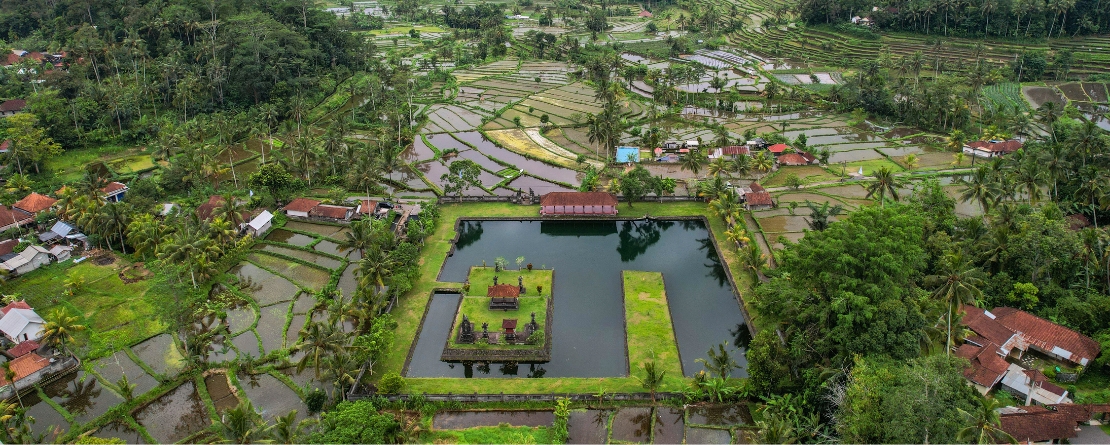
GIAHS 2024: Salak Agroforestry System in Karangasem, Bali, Indonesia
©Ministry of Agriculture the Republic of Indonesia
Message from the Director:
In many ways 2024 has been an exceptional year for FAO’s Office of Climate Change, Biodiversity and Environment (OCB). We supported countries to raise millions of dollars, launched new projects, published research, developed new tools and produced stories that attracted the attention of the world.
These stories and our communications throughout the year advocated for the central role that agriculture and food systems must play if we are to address the interlinked challenges of climate change, biodiversity loss, environmental degradation and food security.
This was our message at the three major UN Conferences - COP29 in Baku, COP16 in Cali, and the UN Desertification COP in Riyadh. These were just a few of the occasions where FAO demonstrated how agrifood systems can and are providing solutions to the global crises.
So, without further ado, I’m proud to present just a few of the highlights of 2024.
Harnessing finance
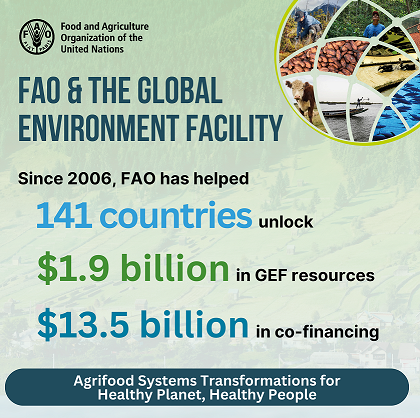
FAO partnerships with the Global Environment Facility (GEF) and Green Climate Fund (GCF) reached new levels.
The FAO-GCF partnership raised USD 151 million for 3 new projects in Iraq, Somalia and Malawi.
More than USD 158 million in GEF projects were approved in 2024. These included FAO's first projects under the new Global Biodiversity Framework Fund, helping countries meet their commitments under the Framework. The new FAO-IFAD Food Systems Integrated Program (FSIP), launched in Riyadh, will also channel US 282 million in GEF financing and US 1.8 billion of co-financing to projects transforming catalytic agrifood systems.
20 Years and counting
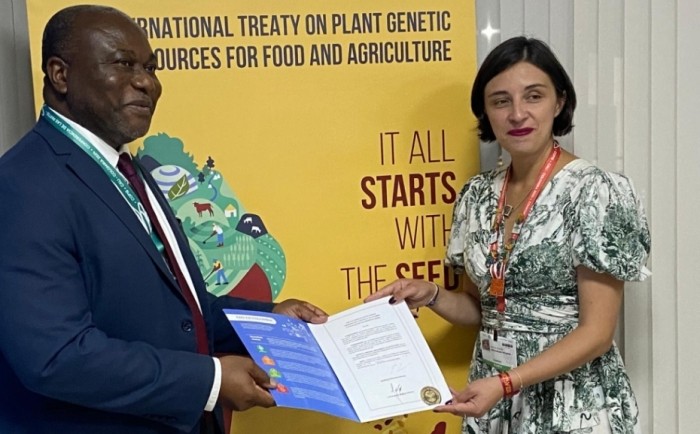
The International Treaty on Plant Genetic Resources for Food and Agriculture turned 20 this year. Its achievements during these two decades include 6.9 million transfers of plant genetic materials, recognition of farmers' rights, and 108 Benefit-sharing Fund projects aiding more than 1 million people. The Treaty now has 153 contracting parties as well as the European Union, after the addition of the Kingdom of Bahrain and Colombia this year. Ukraine is on track to join in 2025.
Scaling Up Action as Climate Records Tumble
The FAO-UNDP Scaling up Climate Ambition on Land Use and Agriculture through nationally determined contributions and National Adaptation Plans (SCALA) programme has been extended until 2028, thanks to Germany’s Federal Ministry for the Environment, Nature Conservation and Nuclear Safety (BMUV). SCALA is our primary channel of in-country work to ensure agriculture and food systems are positioned in the new generation of country climate plans (NDC 3.0) and their implementation.
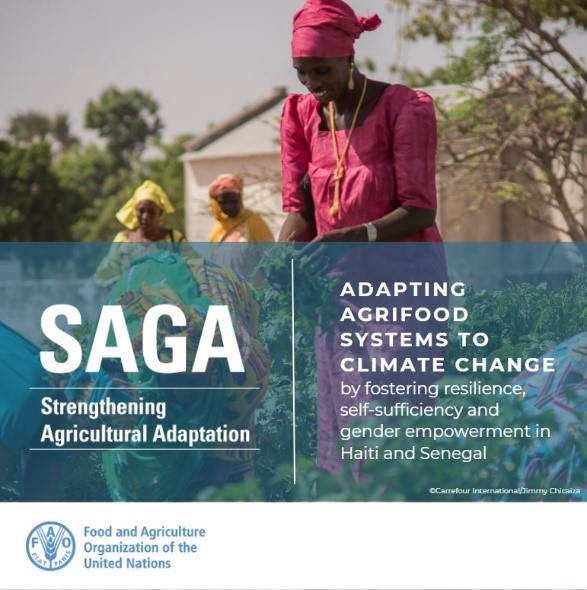
Over the past year, the SAGA 2 | Food security and agriculture: Accelerating Adaptation (2023-2026) project has been laying the groundwork to strengthen climate adaptation in Cote d’Ivoire, Haiti and Senegal following the project’s official launch, building on successes from its pilot phase.
The new Global capacity building towards enhanced transparency (CBIT-AFOLU+) project kicked off in June with funding from the GEF. The three-year project will help countries meet their transparency reporting requirements for the Paris Agreement.
The World Meteorological Organization (WMO) and FAO signed a Memorandum of Understanding to extend and strengthen their partnership for another ten years. The two organizations work together to ensure that climate services are applied in the agriculture sector by farmers, agricultural planners and policy makers. WMO and FAO collaborated on a number of joint reports including the WMO State of the Global Climate 2023 confirming 2023 as the hottest year on record.
Traditional Agriculture for New Challenges:
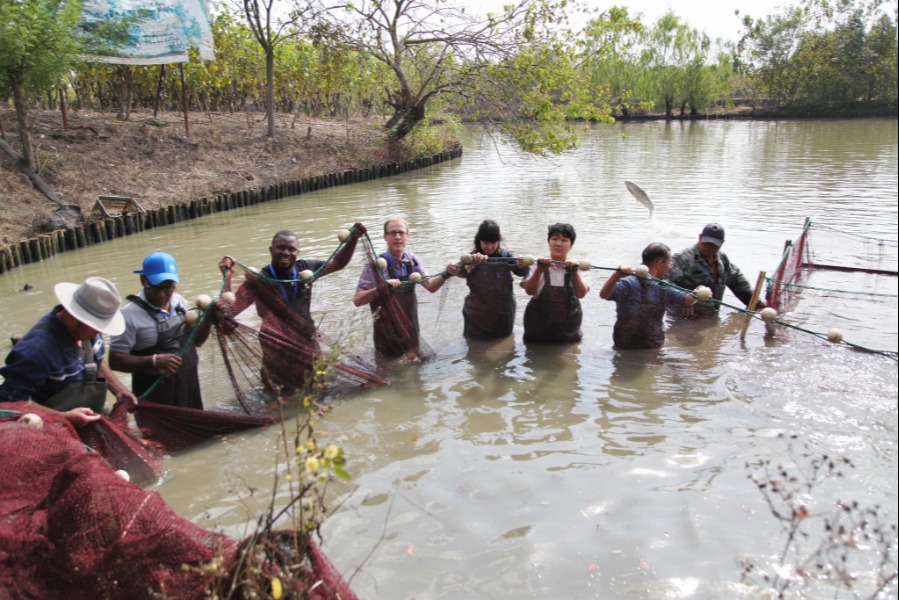
In 2024, three new systems were recognized as Globally Important Agricultural Heritage Systems (GIAHS). These included an agroforestry system cultivating salak, or snake fruit in Bali, Indonesia, the Cocoa Agroforestry System of São Tomé and Príncipe, as well as a 900-year-old carp pond farming system in Austria. There are now 89 systems in 28 countries around the globe. The reconstitution of the Scientific Advisory Group (SAG) also provided fresh expertise to strengthen GIAHS’s global efforts.
High-level engagement:
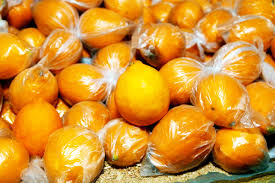
FAO and the GBEP (Global Bioenergy Partnership) organized the 11th Bioenergy Week in June and launched the Joint Statement on Sustainable Bioenergy for Climate and Development Goals.
During the International Day of Clean Energy in January and the Asia-Pacific Economic Cooperation (APEC) Summit in November, FAO Director-General QU Dongyu also issued messages highlighting that universal access to clean and reliable energy services is a critical component of sustainable development and food security.
Member States welcomed FAO’s work on plastics in agriculture at the twenty-ninth session of the Committee on Agriculture (COAG 29) in September. They appreciated the proposed Voluntary Code of Conduct on the sustainable use of plastics in agriculture developed in line with the recommendations of the FAO Council.
FAO also highlighted the importance of tackling the challenges of plastic pollution in agriculture during the fifth session of the Intergovernmental Negotiating Committee to develop an international legally binding instrument (ILBI) on plastic pollution, including in the marine environment (INC-5).
COP capers:
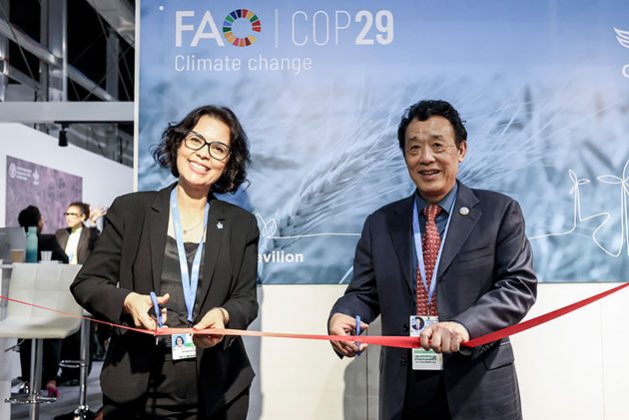
At the climate COP where the FAO delegation was led by the Director General and at the biodiversity COP where the Director of Cabinet was at the helm, FAO supported the COP Presidencies, provided technical advice to Members, met with Member delegations and partners interested in scaling up action, and overall, demonstrated ourselves as a key partner for countries implementing the Kunming-Montreal Global Biodiversity Framework (KGBMF) and the Paris agreement.
Among our key initiatives, FAO launched the Agri-NBSAP Support Initiative at COP16 to help countries integrate agrifood systems into National Biodiversity Strategies and Action Plans (NBSAPs) in a more systematic way. At COP29, FAO and the COP29 Presidency launched the Baku Harmoniya Climate Initiative for Farmers as an accelerator, bringing together disparate initiatives to empower farmers, villages and rural communities, and boost investment in agrifood systems transformation.
As climate-related development contributions to agrifood systems continue to spiral downward, Minister and high level delegates and partner gathered during COP29 for the second time this year to consolidate the role of the FAST Partnership as the primary channel for COP-to-COP collaboration on agriculture, climate and finance.
FAO also organized and co-organized more than 30 events at COP29 and at COP16. These included Food Agriculture and Water Day in Baku, Food Day and Restoration Day and the Agri-NBSAPs Ministerial luncheon in Cali.
It was during the COPs that we also launched several key reports including:
- Resource Guide on Target 2
- Delivering on the Kunming-Montreal Global Biodiversity Framework through agrifood systems
- Biodiversity Impacts of Nationally Determined Contributions Actions in Agrifood Systems
- Agrifood systems in Nationally Determined Contributions: global analysis
- Climate technologies for agrifood systems transformation
- United Nations Global Nitrous Oxide Assessment
Data wizardry:
Throughout the year, we also presented several tools and dashboards that are now in use, to name just a few:
- The Climate Action Review (CAR) tool
- The Adaptation, Biodiversity and Carbon Mapping Tool (ABC-Map)
- The FAO’s environmental and social safeguards dashboard
We also launched the world’s first Global Bioeconomy Dashboard, and the Nationally Determined Contribution Expert Tool (NEXT) tool received some important recognition, with the decision by Cambodia and Nigeria to use it in their formulation of the next round of NDCs in 2025.
Deep Dive in Colombia:
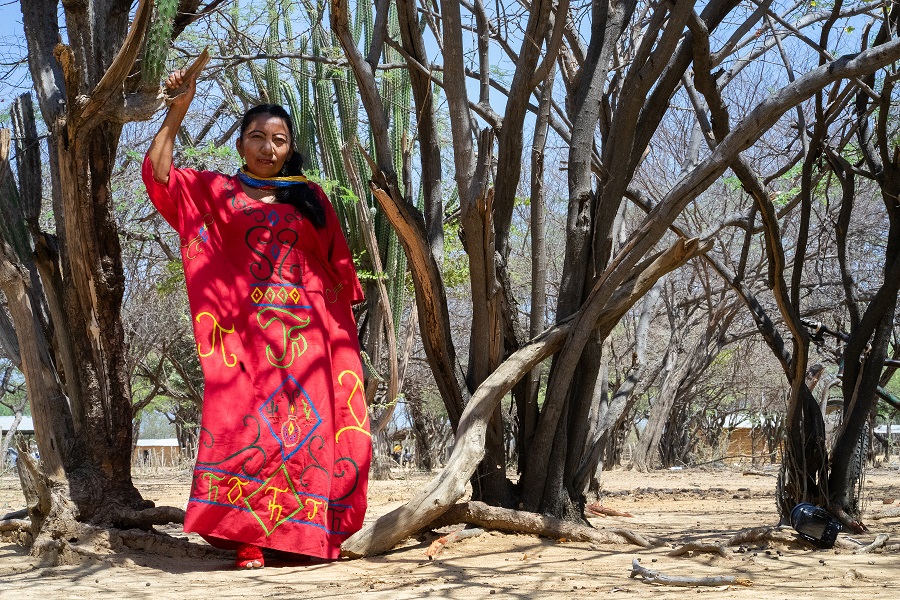
Our team visited Colombia to witness the SCALA, GEF and GCF projects and programmes at field level, uncovering how the lives of communities in Colombia have been transformed through these FAO-led projects:
Through the SCALA programme, the Wayuu Indigenous people of La Guajira are revitalizing their ancestral resilience to climate change by cultivating a hardy pulse. In Mapiripán we show FAO’s support in building livelihoods and battling climate change through agroforestry in the Amazon rainforest. Under the FAO-GEF project, the video and article describe the Pacifico Biocultural project, preserving biodiversity and contributing to the pursuit of peace, by developing green businesses and restoring mangroves.
Awards and recognition:
OCB received special kudos on a variety of occasions:
FAO’s environment and climate monitoring portal Earth Map received a Google Geo for Good Impact Award. The award, celebrating users and organizations creating real-world impact using Google’s mapping tools, recognizes the initiative as an important instrument for policymakers and other stakeholders to make informed decisions and drive positive actions for a more sustainable future.
Three OCB colleagues, Matteo Barozzi, Sergio Hinojosa Ramos and Xiaoxiao Wang, were recognized in this year’s FAO Employee Recognition Awards. The RAP Environment and Climate Finance Taskforce won the One FAO Team Award. This team works closely with our GEF and GCF teams and includes colleagues from OCB, including Aaron Becker, Sameer Karki, Yurie Naito, Suzette Simondacmanilay and Lianchawii Chhakchhuak.
Looking ahead:
Next year offers many more opportunities to move the needle on climate change, biodiversity loss and environmental degradation and to drive our key messages home.
The second part of COP16, dubbed “COP16.2” reconvenes in February at FAO headquarters, with hot topics including mobilization of the Kunming-Montreal Global Biodiversity Framework monitoring framework. COP30 in November, hosted for the first time in the Amazon rainforest, is expected to provide an unprecedented focus on climate, agriculture and food security.
The Twentieth Regular Session of the Commission on Genetic Resources for Food and Agriculture takes place in March. The Eleventh Session Governing Body of the International Treaty in Peru in November will discuss the enhancement of the Treaty’s Multilateral System of Access and Benefit-sharing and implementation of Farmers’ Rights.
FAO goes back to the GCF Board in February and planning for the GEF9 in July gets into full gear. On these and many other occasions, we will work to ensure that agrifood systems are prioritized in multilateral environmental agreements and fully integrated into national planning processes, strategies and actions.
So, as we bid goodbye to the old year, I thank you for the tremendous year and wish you all the best for a successful and prosperous 2025!
